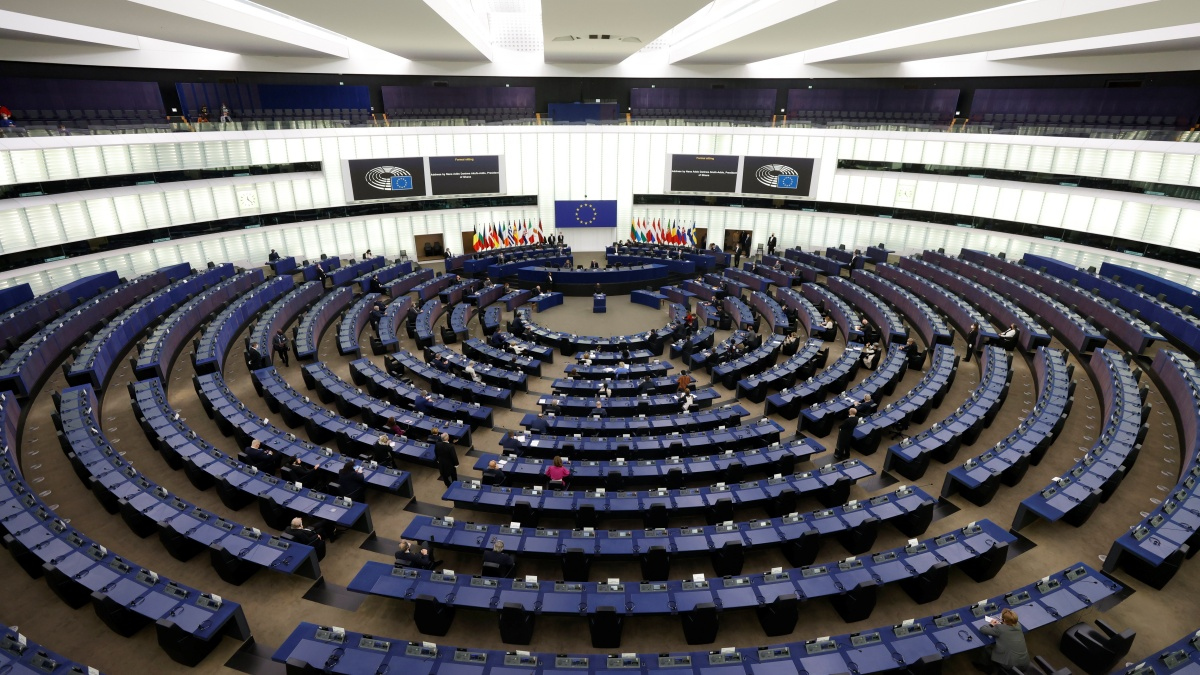An overwhelming majority of Europeans want to see greater transparency and efficiency from the European Union, according to the latest polling.
Data published on Wednesday by the Hungarian think tank Századvég Intézet reveals how 84 percent of those polled would like to see Brussels operate more transparently, up 2 percent from last year’s figures.
The number of respondents who believe EU leaders should be more accountable for their actions and step down from office if they fail to act decisively in a crisis has also risen to 74 percent, up 3 percent from 2020’s data.
The demand for greater accountability from EU leaders was highest in Croatia at 90 percent, with Hungarians (85 percent) and Spaniards (84 percent) making up the top three. The study showed that the majority of citizens in 29 of the 30 European countries surveyed expected EU leaders to resign if they are unable to react decisively to a crisis.
Regarding national identity, just 20 percent of respondents said they would consider themselves primarily European over their country of origin. Respondents in Finland, Hungary and Portugal attached the greatest importance to national identity — all polling at 86 percent — while respondents in Luxembourg (57 percent), Poland (63 percent) and Germany (66 percent) gave their nationality the least importance, but still overwhelmingly considered themselves to primarily belong to their own country.
Just two countries would approve transferring more powers to Brussels at the current time — Slovenia (56 percent) and Spain (54 percent) — with the 54 percent of those polled from the Visegrád countries opting for member states to be handed back more sovereignty.
The poll showed that 22 European countries had a higher proportion of respondents who felt that their interests were no longer adequately represented in Brussels, with Malta (29 percent), Luxembourg (31 percent) and Ireland (36 percent) having the lowest rates.
Czechia (63 percent) and Bulgaria (62 percent) expressed the most dissatisfaction, with 52 percent of Hungarian respondents also being disillusioned with representation from Brussels.
The polling is grim reading for the European Commission, with the economic consequences of the pandemic now adding to the longer-term decline of the Eurozone and the 2015 migration crisis cited as key reasons for the fierce levels of skepticism.






